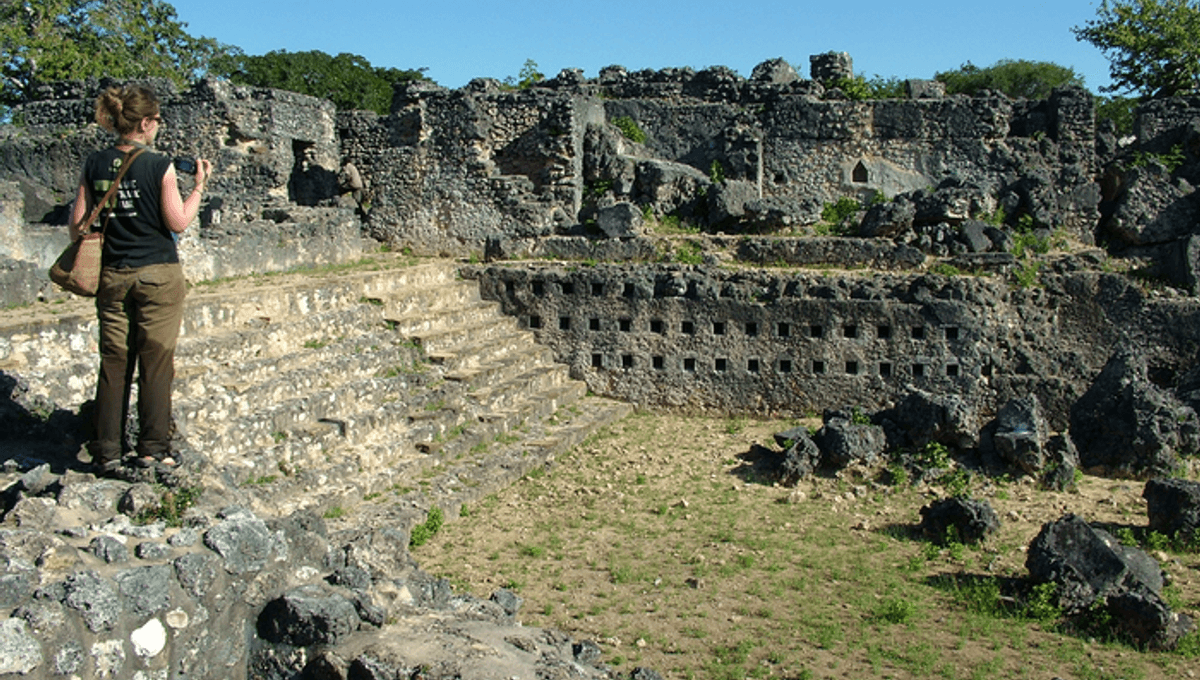
Legend has it that seven Persian princes fleeing persecution once escaped across the Arabian Sea before landing in East Africa and establishing a trading dynasty that dominated the Swahili coast for centuries. Known as the Kilwa Chronicle, this ancient oral tradition had until now been dismissed as fiction, yet a new genetic study suggests that the fable may be rooted in reality.
The Swahili coast stretches from Ethiopia to Tanzania and was once a major hub of medieval trade. From here, merchants established commercial networks that spanned East Africa and the Indian Ocean, although scholars have spent the past 100 years debating whether this prosperous civilization was established by local African populations or foreign traders from South Asia.
Colonial chroniclers tended to favor the latter explanation, although postcolonial historians have pointed out that the medieval architecture and language of the Swahili coast were of African origin, thus suggesting that the culture was founded by local populations.
To settle the debate, researchers analyzed the DNA of 80 medieval individuals recovered from elite burial sites across the Swahili coast and an inland town. Dating from the 13th to 19th centuries, the skeletons derived much of their male ancestry from Persian men, while female lineages were almost exclusively African.
Based on the rate of genetic admixture, the study authors say the first Persian men probably arrived in the area around 1000 CE, which coincides with the adoption of Islam on the Swahili coast. Such a finding lends new credence to the Kilwa Chronicle, indicating that the mighty trading empire may indeed have been founded by royal Persian escapees.
Typically, the widespread introduction of foreign male genes into a population can be interpreted as evidence of invaders forcibly marrying local women in order to overthrow the Indigenous culture. However, the study authors say this doesn’t appear to have been the case on the Swahili coast, where the children of the incoming Persians continued to speak their mothers’ language and local matriarchal traditions were maintained.
Offering an alternative explanation in a statement, study author David Reich explained that “Persian men allied with and married into local trading families and adopted local customs to enable them to be more successful traders.” In other words, the arriving men weren’t seeking to dominate the locals or introduce their own culture, but sought to create blood ties in order to establish important commercial alliances on the Swahili coast.
According to the researchers, Persian DNA later gave way to Arabian genetics around 1500 CE, when trading routes shifted from Persia to the Arabian peninsula.
Overall, these findings indicate that the medieval civilization that dominated the Swahili Coast was very much an African culture. However, genetically, many of those who lived in the area appear to have been descended from Persian males.
Commenting on these revelations, study author Jeffrey Fleisher explained that “oral histories of the Swahili who live in East Africa have often told us of their Persian ancestry, which for many years researchers have believed was a way for the Swahili people to use their Persian and other foreign trade links for political gain.”
“But our data reveals that these oral records were correct, showing how important it is to take oral traditions seriously.”
The study is published in Nature.
Source Link: Persian Princes Fleeing To Africa May Have Helped Found Ancient Trading Empire